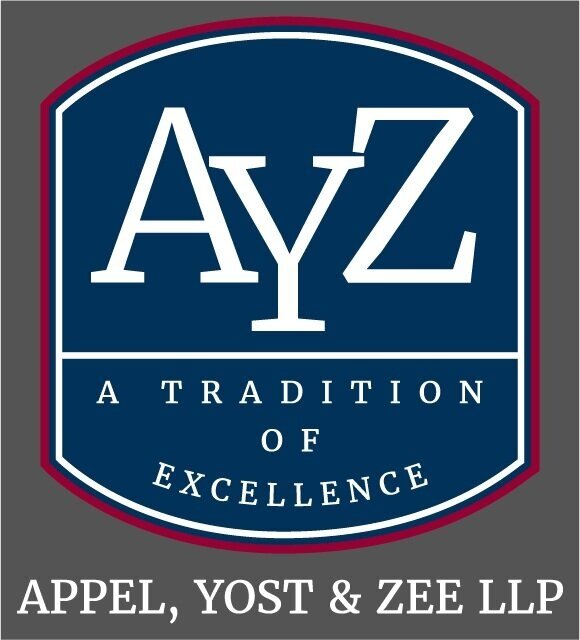Supreme Court May Consider Statute of Limitations For Fee Claims Under Individuals with Disabilities in Education Act
February 3, 2021- William J. Zee, Esq., Raymond A. Durkin Jr., Esq.
In Richardson v. Omaha School District, the Eight Circuit Court of Appeals joined the Sixth and Seventh Circuits in holding that fee claims under the Individuals with Disabilities in Education Act (“IDEA”) are ancillary to the underlying dispute, and thus subject to the statutory limitations period applicable to IDEA appeals generally.
Parents filed an administrative due process complaint against a school district under IDEA on behalf of their child. While the hearing officer found in favor of the parents on two of their four counts, the parents appealed the hearing officer’s decision and sought an award of attorneys’ fees as the prevailing party on two of their four counts at the due process hearing. The U.S. District Court for the Western District of Arkansas dismissed the parents’ claim for attorneys’ fees as time barred. Parents subsequently appealed this decision to the Eight Circuit Court of Appeals.
While IDEA has a default 90-day statute of limitations period for merits actions after the administrative decision if the relevant state has no explicit time limitation, it does not expressly provide a statute of limitations applicable to actions for attorneys’ fees. The District Court applied the 90-day statute of limitations for merits actions under Arkansas’s statutory framework for IDEA compliance, employing the legal principle that when a federal law has no statute of limitations, courts may borrow the most closely analogous state statute of limitations, unless doing so would frustrate the policy embodied in the federal law.
In contrast, the parents argued that Arkansas’s three-year statute of limitations for personal injury actions should apply in this case, citing authority from the Eleventh and Eighth Circuits that IDEA provides two distinguishable causes of action and that a claim for attorney fees constitutes an independent claim. Rejecting the parents’ argument and adopting the reasoning promulgated by the Sixth and Seventh Circuits that the fee proceeding are ancillary and inherently related to the underlying dispute, the Eight Circuit affirmed the District Court’s decision to borrow the 90-day statute of limitations for merits actions because the parents’ “claim for attorneys’ fees is ancillary to judicial review of the administrative decision.”
Although a jurisdictional split currently exists amongst several Federal Circuit Courts regarding the correct limitations period to apply to fee claims stemming from IDEA appeals – the appeal period prescribed under IDEA (and the state statutory frameworks for IDEA compliance) for an aggrieved party to appeal an unfavorable due process decision, or the period applicable to independent actions under state law – Richardson is the most recent decision addressing this issue. Furthermore, the Richardson Court formed its decision based on an analysis of the differing viewpoints on this issue amongst the Federal Circuit Courts. Thus, it is likely that other Federal Circuit Courts that have not yet addressed this issue, such as the Third Circuit (Pennsylvania, New Jersey and Delaware), may adopt the reasoning set forth in Richardson and apply the parallel state law limitations period to claims for attorneys’ fees under IDEA.
Parents have filed a Petition for Writ of Certiorari seeking review by the United States Supreme Court.
Should you have any questions regarding claims brought under the Individuals with Disabilities in Education Act, or any other special education related topic, please feel free to reach out to the Appel, Yost & Zee Education Group.
